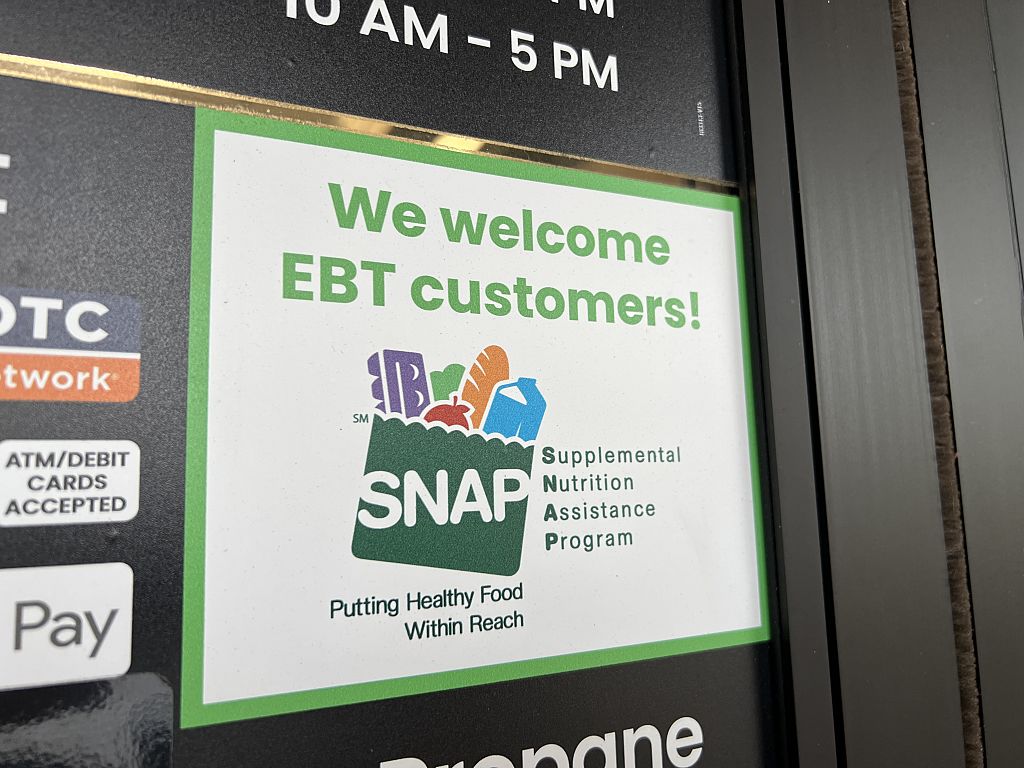SNAP Is Back, But Millions Could Still Lose Benefits

After a tense standoff, SNAP (Supplemental Nutrition Assistance Program) benefits have resumed — but a sweeping overhaul of eligibility rules could soon strip food aid from millions of Americans, experts warn.
Under changes set to take effect this month, able-bodied adults without dependents will face significantly tighter work requirements: recipients now must prove they work, volunteer, or enroll in training at least 80 hours per month. Previously, many people over 55 were exempt — now that exemption has shifted, and only those 65 or older qualify.
A key shift in the law raises the upper age limit subject to work rules from 54 to 64 for these able-bodied adults, and narrows exemptions for parents. For example, parents with children aged 14 and older are no longer automatically exempt; under the new rules, they must meet the same work standards.
Analysts are sounding the alarm. The CBO projects that up to 3 million Americans could lose SNAP assistance over the coming years. Meanwhile, Ed Bolen from the Center on Budget and Policy Priorities warns that 2.4 million people could lose benefits each month if they can’t meet the time-limit rules.
Other changes go beyond work requirements. Households that previously qualified for automatic boosts due to energy assistance will see cuts: about 29,000 households could lose their utility-adjusted SNAP allowance entirely, while tens of thousands more will see smaller monthly benefits.
On top of that, the law shifts part of the cost burden to states: starting in 2028, states with high error rates could be forced to cover 5-15% of SNAP spending, potentially prompting them to tighten eligibility—or even exit the program.
Critics say these changes could worsen hunger for vulnerable populations. “Millions of people are going to lose food,” warns Joel Berg, CEO of hunger-relief nonprofit Hunger Free America. Meanwhile, some states have begun notifying SNAP recipients that their benefits may be on the chopping block — just weeks after the program’s dangerous shutdown scare.










